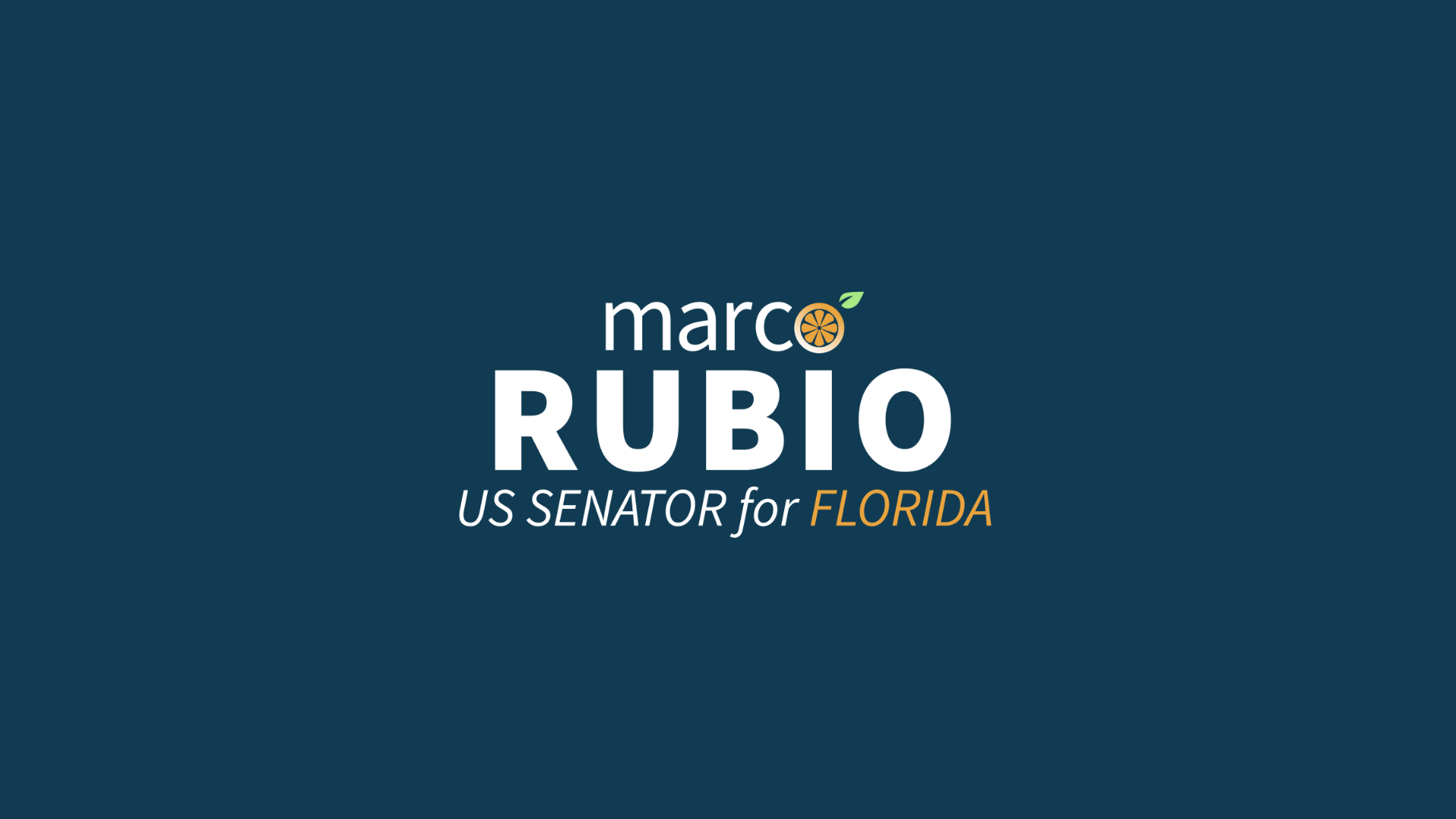Source: United States Senator for Florida Marco Rubio
Washington, D.C. — U.S. Senator Marco Rubio (R-FL) was joined by Senators Thom Tillis (R-NC), Rick Scott (R-FL), Marsha Blackburn (R-TN), Ben Sasse (R-NE), and Jerry Moran (R-KS) in sending a letter to Acting Chief Executive Officer of the U.S. International Development Finance Corporation (DFC) Dev Jagadesan asking whether the (DFC) is unwittingly aiding the Chinese Communist Party’s (CCP) export of solar panels tainted with the forced labor of Uyghurs and other predominantly Muslim ethnic groups in Xinjiang.
“Ensuring that the United States is not complicit in enabling genocide and forced labor is a key priority for Congress,” the senators wrote. “That is why the Senate unanimously passed the Uyghur Forced Labor Prevention Act in July and why the House of Representatives overwhelmingly passed a companion bill last year.”
“In September, DFC notified Congress of its intent to provide up to $90 million to Avaada Sunrays Energy Private Limited to support the development of a new solar plant in India, along with $20 million to Orb Energy Private Limited, also in India, for the “development and construction of solar photovoltaic systems,” the senators continued. “We are concerned that the provision of up to $110 million in American taxpayer money could be used to purchase products made with slave labor.”
The full text of the letter is below.
Dear Mr. Jagadesan:
We write to inquire about existing plans of, or the potential for, the U.S. International Development Finance Corporation (DFC) to unwittingly aid the Chinese Communist Party’s (CCP) export of solar panels tainted with forced labor.
As you know, the People’s Republic of China (PRC) produces more than 80 percent of the world’s solar-grade polysilicon, much of it coming from the Xinjiang Uyghur Autonomous Region (XUAR), where the CCP has detained around 1.8 million Uyghurs and other individuals from predominantly Muslim ethnic groups. These groups have been arbitrarily detained in a system of extrajudicial mass internment camps where they are subjected to forced labor, torture, forced abortions, forced sterilizations, and political indoctrination designed to compel them to renounce key tenets of Islam. The Biden Administration has publically declared that the CCP’s actions constitute genocide and crimes against humanity.
Ensuring that the United States is not complicit in enabling genocide and forced labor is a key priority for Congress. That is why the Senate unanimously passed the Uyghur Forced Labor Prevention Act in July and why the House of Representatives overwhelmingly passed a companion bill last year. Given that a key pillar of the administration’s efforts to address climate change is to encourage the use of solar panels, the PRC’s dominance of the solar industry raises the question of how the Administration intends to meet its climate change goals without supporting the CCP’s ongoing human rights abuses.
In September, DFC notified Congress of its intent to provide up to $90 million to Avaada Sunrays Energy Private Limited to support the development of a new solar plant in India, along with $20 million to Orb Energy Private Limited, also in India, for the “development and construction of solar photovoltaic systems.” We are concerned that the provision of up to $110 million in American taxpayer money could be used to purchase products made with slave labor. As you know, the Tariff Act of 1930 prohibits the importation of products mined, produced or manufactured wholly or in part by forced labor. We firmly believe that this prohibition should also apply to the development spending and financing provided by the United States to companies overseas.
Because taxpayer money should never be used to purchase products made with the use of forced labor and DFC plays an essential role to meeting this goal, we request answers to the following questions:
- How is the DFC ensuring that the companies whose solar photovoltaic (PV) projects are financed with taxpayers’ money are not sourcing supply chain inputs, including silicon metal and polysilicon from the XUAR or elsewhere in the PRC where forced labor may occur?
- What kind of due diligence requirements is the DFC putting in place to ensure that these companies are not purchasing solar panels and/or polysilicon from Chinese companies that are on the United States sanctions list or the Entity List, or subject to Withhold Release Orders for their use of forced labor and other human rights violations?
- Has the DFC asked these companies to disclose their suppliers in the supply chain? Do any of their suppliers have ties to any entities in the XUAR?
- If these companies are not producing their solar panels themselves, where are they purchasing their solar panels? Do their suppliers include Chinese companies that are on the United States sanctions list, or the Entity List, or subject to Withhold Release Orders for their use of forced labor and other human rights violations? Have their suppliers ever had their shipments withheld by the U.S. Customs and Border Protection pursuant to a withhold release order?
- In financing solar PV projects overseas, what kind of steps is the DFC taking to find out whether it is unintentionally financing projects in which forced labor is used in the supply chain, which would go against the DFC requirements that its projects uphold the International Finance Corporation Performance Standards banning the use of forced labor and the Section 307 of the Tariff Act of 1930, which prohibits importing any product that was mined, produced, or manufactured wholly or in part by forced labor?
Thank you for your attention to this matter. We look forward to your prompt reply.
Sincerely,
